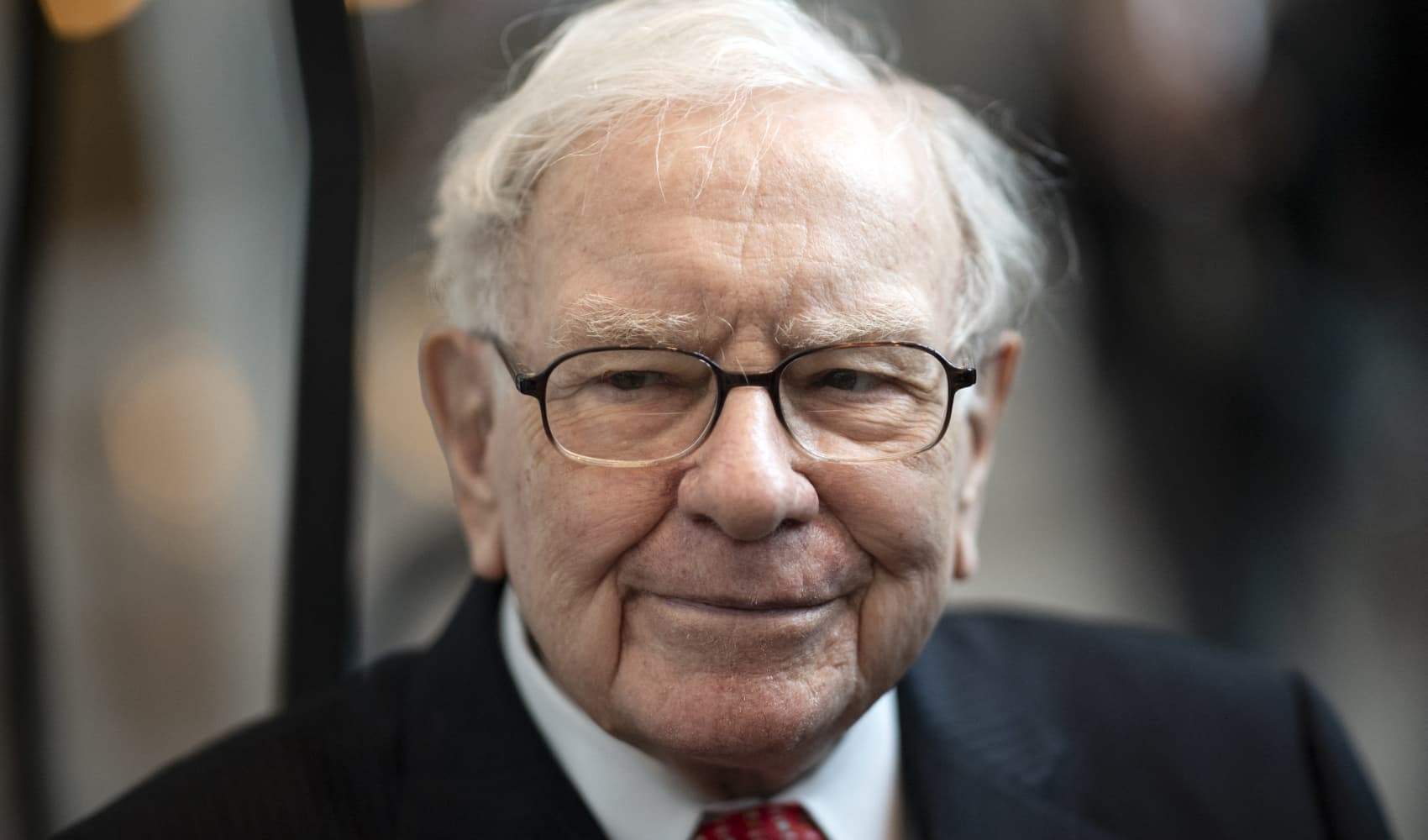Satya Nadella's 5-Word Secret: Microsoft's Path to Success
Satya Nadella's Secret Weapon: The 5-Word Wisdom That Shaped Microsoft's Success
The Ballmer Legacy: A Passing of the Torch
In 2014, the tech world held its breath. Steve Ballmer, a force of nature who led Microsoft for 14 years, was stepping down. The question on everyone's mind: who could possibly fill those shoes? Enter Satya Nadella, a Microsoft veteran with a different style, a different vision. But before he officially took the reins, Ballmer imparted a piece of advice, a five-word mantra that Nadella would carry with him – and that would ultimately redefine Microsoft.
"Be Bold and Be Right": The Essence of Leadership
What were those five golden words? According to Nadella himself, speaking at a 2019 event at Stanford Graduate School of Business, Ballmer told him: "Be bold and be right." Seems simple, doesn't it? Almost too simple. But like a perfectly crafted haiku, these five words pack a profound punch.
The Power of Boldness: Why It Matters
Taking Risks and Embracing Innovation
Let's break it down, starting with "be bold." In the fast-paced world of technology, standing still is the same as falling behind. Boldness means taking risks, pushing boundaries, and daring to venture into uncharted territory. Think about it: Microsoft wouldn't be a cloud computing giant today if Nadella hadn't boldly embraced Azure and challenged the existing server-centric model. It's about having the courage to bet on your vision, even when others doubt you.
Overcoming Inertia and Driving Change
Large companies can sometimes become mired in bureaucracy and resistant to change. Bold leadership is essential to overcome this inertia. Nadella's boldness was evident in his willingness to shed outdated strategies and prioritize innovation in areas like AI and mixed reality. He wasn't afraid to disrupt the status quo, even if it meant making uncomfortable decisions.
The Necessity of Being Right: Competence and Vision
Data-Driven Decisions and Strategic Thinking
Now, let's move on to "be right." Of course, nobody is always right, and mistakes are inevitable. But Ballmer wasn't advocating for infallibility. He was emphasizing the importance of competence, sound judgment, and strategic thinking. Being right means doing your homework, analyzing data, and making informed decisions based on evidence, not just gut feeling.
The Importance of a Long-Term Vision
Being right also means having a clear vision for the future. Nadella had a strong conviction that the future of computing was in the cloud, and he relentlessly pursued that vision, even when it wasn't the most popular opinion. His ability to anticipate future trends and position Microsoft accordingly was a key factor in the company's resurgence.
Beyond the Obvious: The Subtleties of the Advice
The beauty of Ballmer's advice lies in its simplicity, but the real value is in the layers of meaning it unlocks. It's not just about being recklessly daring or rigidly accurate. It's about finding the delicate balance between calculated risk-taking and meticulous planning.
The Nadella Transformation: A Case Study in Boldness and Accuracy
Embracing Cloud Computing: A Risky Bet That Paid Off
Perhaps the most significant example of Nadella's "be bold and be right" approach is his transformation of Microsoft into a cloud-first company. When he took over, Azure was a distant second to Amazon Web Services (AWS). But Nadella saw the potential of the cloud and boldly invested heavily in its development. Today, Azure is a major player in the cloud market, rivaling AWS and driving significant revenue for Microsoft.
Open Source Embrace: A Paradigm Shift
Another bold move was Nadella's embrace of open-source software. Under Ballmer, Microsoft had a reputation for being fiercely protective of its proprietary code. Nadella recognized that open-source was essential for attracting developers and fostering innovation. He oversaw the acquisition of GitHub, a popular platform for open-source projects, signaling a profound shift in Microsoft's culture.
Learning from Mistakes: The Inevitability of Failure
Acknowledging and Correcting Course
Even with the best intentions and the most careful planning, mistakes are inevitable. The key is to learn from them and adapt. Nadella has shown a willingness to acknowledge failures and make necessary course corrections. This adaptability is a crucial component of being "right" in the long run.
The Importance of Culture: A Catalyst for Success
Creating a Growth Mindset
Nadella recognized that to be truly bold and right, he needed to foster a culture of innovation and collaboration within Microsoft. He championed a "growth mindset," encouraging employees to embrace challenges, learn from mistakes, and continuously improve. This shift in culture has been instrumental in driving Microsoft's success under his leadership.
Beyond Business: Applying the Advice to Life
Personal Growth and Self-Improvement
The "be bold and be right" principle isn't just applicable to business. It's a valuable framework for personal growth and self-improvement. Whether you're pursuing a new career, learning a new skill, or simply trying to be a better person, the same principles apply. Dare to take risks, but always strive to make informed decisions based on your values and your goals.
The Enduring Legacy: Inspiring Future Leaders
Passing on the Wisdom
Just as Ballmer passed on his wisdom to Nadella, Nadella is now inspiring a new generation of leaders to be bold and be right. His story serves as a reminder that true leadership is not just about making smart decisions, but also about having the courage to pursue a vision and the humility to learn from mistakes.
The Role of Mentorship: Learning from the Best
Seeking Guidance and Sharing Knowledge
Ballmer's advice underscores the importance of mentorship. Seeking guidance from experienced leaders can provide invaluable insights and perspectives. Conversely, sharing your knowledge and experience with others can help them develop their own leadership skills. Mentorship is a two-way street that benefits both the mentor and the mentee.
The Nuances of Risk-Taking: Calculated vs. Reckless
Assessing Potential Outcomes and Mitigating Risks
It's crucial to understand the difference between calculated risk-taking and reckless abandon. Being bold doesn't mean blindly jumping into the unknown. It means carefully assessing the potential outcomes, identifying potential risks, and developing strategies to mitigate those risks. Nadella's success is rooted in his ability to make calculated bets, not just taking random chances.
The Evolution of Leadership: Adapting to Change
Staying Agile and Responsive
The world is constantly changing, and leadership styles must evolve accordingly. What worked yesterday may not work tomorrow. Nadella's leadership has been characterized by its agility and responsiveness to change. He has demonstrated a willingness to adapt his strategies and approaches as needed, ensuring that Microsoft remains competitive in a dynamic marketplace.
The Importance of Humility: Recognizing Limitations
Building Trust and Fostering Collaboration
Even the most brilliant leaders have limitations. Recognizing and acknowledging those limitations is essential for building trust and fostering collaboration. Nadella's humility has been a key factor in his ability to build strong relationships with his team and create a collaborative environment within Microsoft.
The Future of Microsoft: Bold Visions and Accurate Execution
As Microsoft continues to evolve under Nadella's leadership, one thing is certain: the company will continue to be guided by the principles of boldness and accuracy. By daring to take risks, making informed decisions, and fostering a culture of innovation, Microsoft is poised to remain a leader in the technology industry for years to come.
Conclusion: Embracing the Five-Word Philosophy
Satya Nadella's success story is a testament to the power of simple yet profound advice. "Be bold and be right" isn't just a catchy slogan; it's a guiding principle that has transformed Microsoft and inspired countless individuals. Whether you're a CEO of a global corporation or simply striving to achieve your personal goals, embracing this five-word philosophy can unlock your potential and lead you to success.
Frequently Asked Questions
Q1: What specific risks did Satya Nadella take when he became CEO?
Nadella took several significant risks, including heavily investing in cloud computing with Azure, even when it was far behind AWS. He also embraced open-source software, a major cultural shift for Microsoft, and acquired GitHub, a platform primarily associated with open-source development.
Q2: How did Nadella's leadership style differ from Steve Ballmer's?
Ballmer was known for his energetic and often boisterous style, while Nadella is generally perceived as more measured, collaborative, and empathetic. Nadella's focus on a "growth mindset" and fostering a more inclusive culture also contrasts with Ballmer's more competitive approach.
Q3: Can "be bold and be right" be applied to everyday life outside of a corporate setting?
Absolutely! The principle can be applied to any situation where you're striving to achieve a goal. "Be bold" encourages you to step outside your comfort zone and take calculated risks, while "be right" emphasizes the importance of planning, preparation, and making informed decisions based on your values.
Q4: What happens when you are bold but not right?
Mistakes are inevitable. The key is to learn from them. When a bold move doesn't pan out, it's crucial to analyze what went wrong, adapt your strategy, and avoid making the same mistake again. A willingness to acknowledge and correct course is essential for long-term success.
Q5: How important is mentorship for aspiring leaders?
Mentorship is extremely valuable. Learning from experienced leaders provides invaluable insights, helps avoid common pitfalls, and accelerates personal and professional growth. Sharing your knowledge and experience with others, in turn, strengthens your own leadership abilities and contributes to a culture of continuous improvement.




